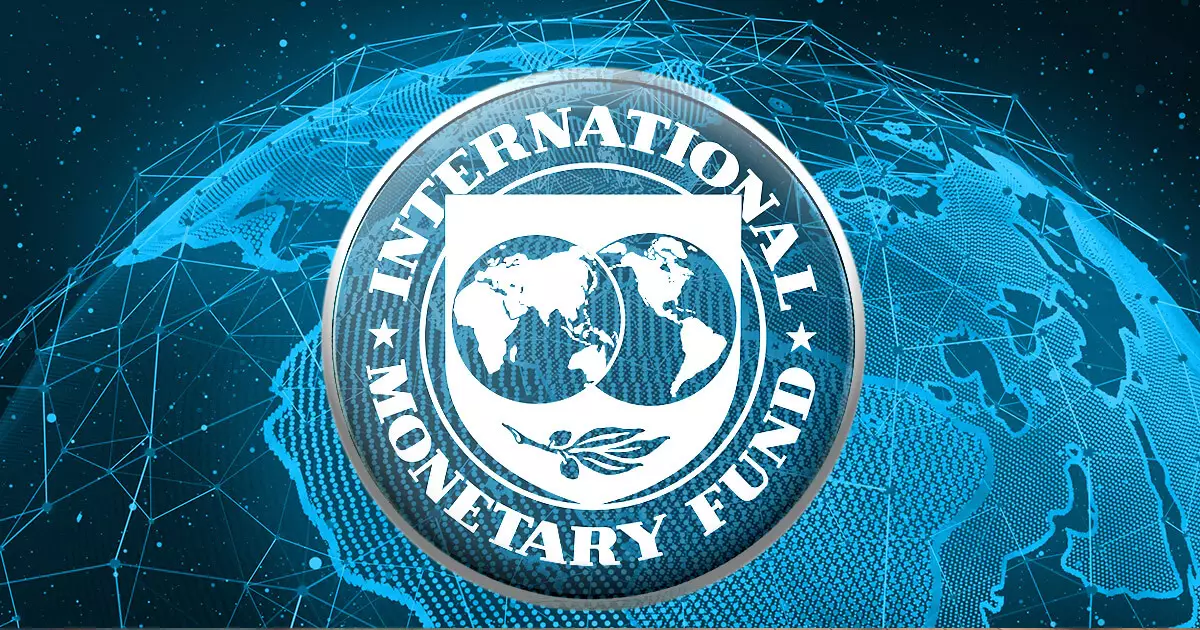The International Monetary Fund (IMF) and the Financial Stability Board (FSB) have released a comprehensive report commissioned by G20 under India’s leadership. The report focuses on regulating crypto-assets such as Bitcoin and stablecoins. It aims to address the financial stability and integrity risks associated with the rapid growth of these digital assets. The IMF and FSB highlight the potential negative impact of crypto-assets on monetary policy effectiveness, fiscal risks for governments, and the efficacy of capital flow management measures. In particular, the report identifies stablecoins as a significant risk to financial stability, especially if they become a substantial part of households’ and businesses’ wealth in certain economies.
The report raises concerns about the potential risks of crypto-assets, including their ability to increase volatility and transmit shocks faster across the global financial system. It emphasizes that stablecoins, in particular, may exacerbate these risks due to their potential reach and adoption across multiple jurisdictions. The report argues that global stablecoins could transmit volatility more abruptly than other crypto-assets, posing a significant threat to financial stability. This could be especially problematic if households and businesses hold a substantial amount of their wealth in stablecoins instead of local currencies.
A Multi-Pronged Policy Response
To mitigate the macroeconomic and financial stability risks posed by crypto-assets, the IMF and FSB call for a multi-pronged policy response. This includes strengthening monetary policy frameworks, guarding against excessive capital flow volatility, addressing fiscal risks, implementing anti-money laundering standards, and enacting comprehensive crypto-asset regulation. The report also suggests that robust risk management frameworks and stringent governance practices should be established for crypto-asset issuers and service providers to ensure financial stability and regulatory outcomes comparable to traditional finance.
The recommendations put forth in the report have the potential to transform the regulatory landscape for cryptocurrencies and stablecoins. The Financial Stability Board recommends that crypto-assets and markets should be subject to the principle of “same activity, same risk, same regulation,” which establishes a minimum baseline that countries should meet. This approach aims to mitigate the risks associated with illicit financing. The International Organization of Securities Commissions seeks to apply its principles to crypto-assets to protect market integrity. Additionally, the report highlights the need for additional targeted measures in certain emerging markets based on country-specific vulnerabilities. However, these measures should not substitute for macroeconomic policies, strong institutions, and comprehensive regulation.
The IMF and FSB provide a roadmap for the effective and coordinated implementation of the crypto-asset policy framework. This includes capacity building beyond G20 members, enhancing global coordination and cooperation, and addressing data gaps in the rapidly evolving crypto-asset ecosystem. The report emphasizes the authorities’ readiness to regulate and supervise global stablecoin arrangements as a core recommendation. It suggests that authorities should have the necessary powers, tools, and resources to effectively oversee a stablecoin arrangement and its associated functions and activities.
The report underscores the importance of cross-border cooperation, coordination, and information sharing among domestic and international authorities. It argues that such collaboration will foster efficient and effective communication, information sharing, and consultation, thereby encouraging consistency of regulatory and supervisory outcomes. Furthermore, the report highlights the need for crypto-asset issuers and service providers to establish comprehensive governance frameworks with clear lines of responsibility and accountability.
In addition to governance, the report emphasizes the importance of robust risk management frameworks for crypto-asset service providers. Authorities should require crypto-asset issuers to address financial stability risks, ensuring regulatory outcomes comparable to those in traditional finance. The document also stresses the need for comprehensive data collection, recording, and reporting systems by crypto-asset issuers and service providers. Comprehensive, clear, and transparent disclosure standards should be established, and financial stability risks arising from interconnections and interdependencies within the crypto-asset ecosystem should be identified.
The IMF and FSB’s report serves as a call to action for regulators and policymakers to address the financial stability and integrity risks posed by crypto-assets. It provides a comprehensive framework for regulating crypto-assets such as Bitcoin and stablecoins and emphasizes the importance of effective implementation, coordinated efforts, and cross-border cooperation to achieve financial stability and regulatory outcomes. By adopting the recommendations outlined in this report, countries can transform the regulatory landscape for cryptocurrencies and ensure the integrity of the global financial system.

